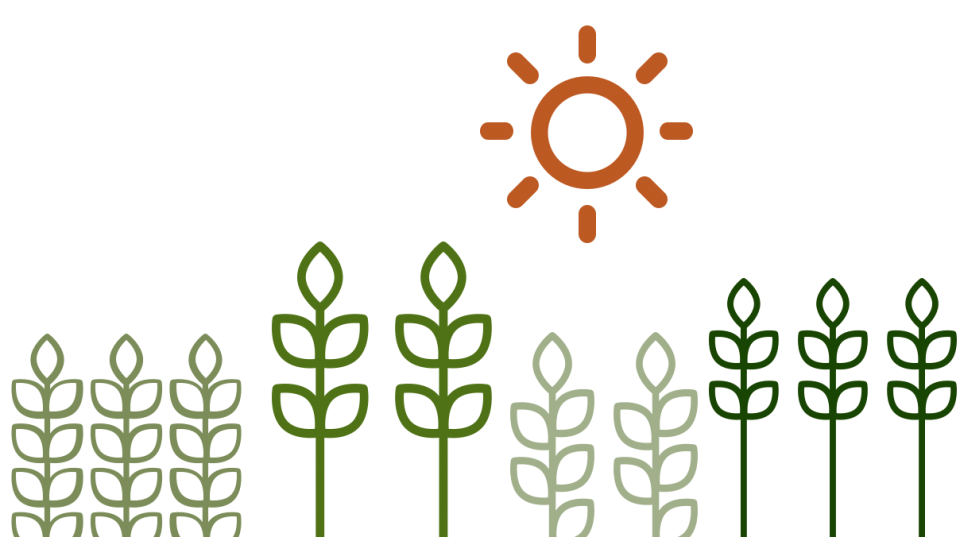Overview
The Pakistani province of Punjab has predominantly a semi-arid climate where average temperatures rise above 40C during the summer. Vegetable production can be severely limited by periods of very high temperature. Although high temperature stress is less common in Australia, this is projected to change as climate becomes more variable (CSIRO Report, 2006).
This project addresses the significant need for high temperature tolerant tomato and okra cultivars for both Pakistani and Australian production conditions. The intensity and duration of heat stress in Pakistan is much greater than experienced in the countries where most of Pakistan’s vegetable seeds are produced. However, surprisingly little research has focussed on the limitations of high-temperature stress on tomato and okra production in Pakistan. ACIAR commissioned the current project to introduce more heat tolerant tomato and okra materials in Pakistan.
Diverse germplasm of tomato (330 lines) and okra (193 lines) was collected from various local and international sources and evaluated for heat tolerance in controlled and field conditions in Pakistan and Australia. A range of heat tolerant materials were identified and characterized and molecular markers linked to this response were subsequently identified to assist future cultivar development.





